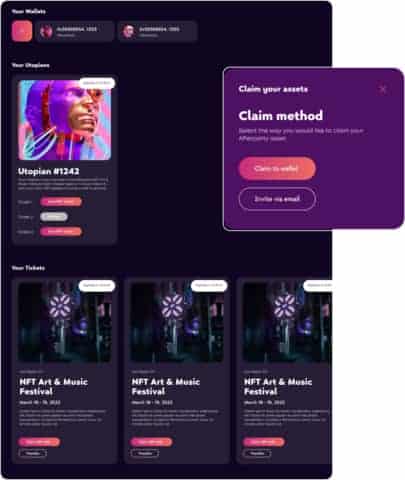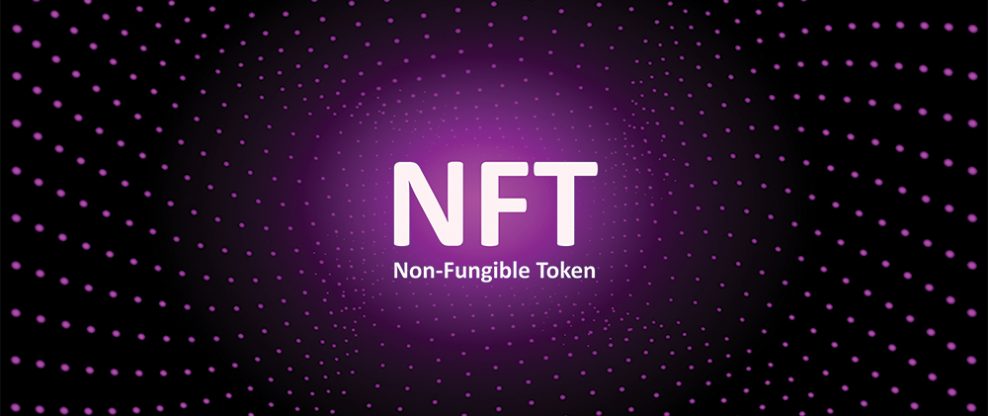(Hypebot) — Live event ticketing is a thorny problem with roots well beyond the Ticketmaster Live Nation cabal and questionable secondary players like StuHub. With its trackability and flexibilty, NFT ticketing could be the answer, and AfterParty just added $4 million to its initial $3 million funding to prove it.
Most larger ticketing services collect fees that often add 30% to as much as 70% to the price of a ticket; these same companies allow and often encourage secondary ticketers to buy tickets before fans can get them and resell them at inflated prices on sites,
The vast majority of the time, artists receive nothing from these fees and re-sales. NFT-based ticketing promises to shift control of ticket sales from corporations to artists and fans.
Ticket NFTs can power lifelong benefits

Trackability on the blockchain and the ability to share revenue with the artist even if the ticket is resold are two obvious potential benefits.
But ticket NFTs can also do much more.
AfterParty is developing NFT tokens into an artist-first alternative to conventional ticketing platforms by empowering creators to use NFTs to unlock real-world experiences. Not just digital art pieces, these tokens – and some by a handful of other startups – can represent festivals, concerts and the potential for deeper artist-fan connections.

AfterParty Festivals
Last month AfterParty hosted its first NFT-gated music and art festival in Las Vegas with The Chainsmokers and The Kid LAROI playing to over 6,000 attendees.
This fall, AfterParty will host a festival in Los Angeles with access only through its second-generation Guardian NFT collection. 10,000 unique NFTs will be minted to serve as VIP access and a “lifetime festival membership,” including priority access to buy a VIP ticket to every subsequent year – all for the price of a conventional VIP festival pass.
Speak up
Because of long-term contracts and not very secret deals that share these exorbitant ticket fees with venues, promoters, and sometimes even artists and the dominance of a handful of key players, change will be hampered unless fans, artists, and even the federal government demand it.





























